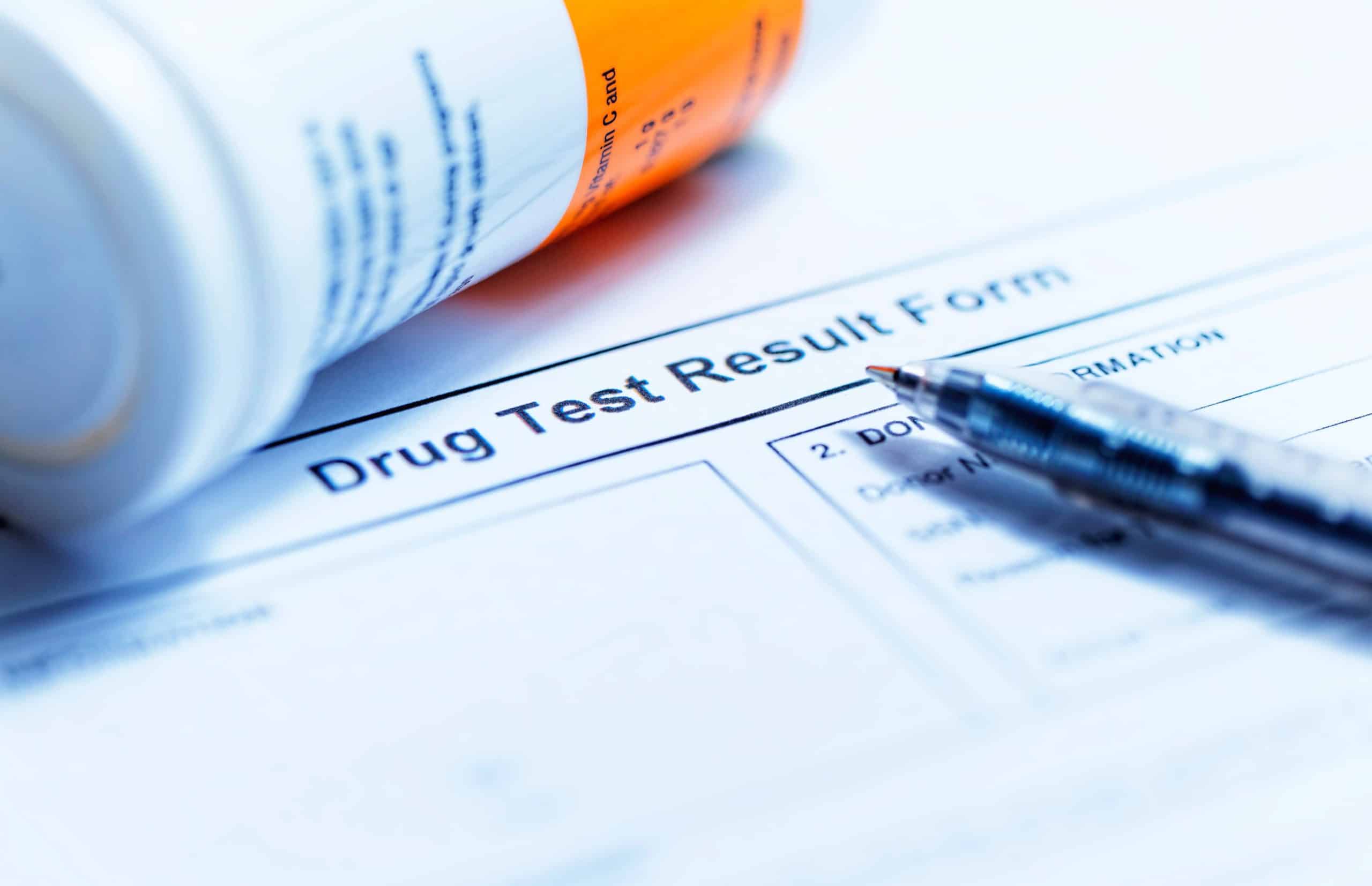Maybe you just wanted to experiment. Perhaps you gave in to peer pressure. Or possibly this is the latest in a series of dangerous decisions. Whatever the reason, you’ve been using a powerful drug and you’re beginning to worry about the long-term ramifications. How long will LSD remain in your system? Does acid show up on a drug test? Do you need professional help to stop your life from spinning out of control?
What is Acid?
Acid is an alternative name for LSD. LSD is short for lysergic acid diethylamide. By any name, this synthetic substance is a powerful hallucinogen. Acid is both odorless and colorless. It is typically ingested by placing a small piece of paper that has been infused with the substance under your tongue. The potential effects of acid include:
- Dilation of the pupils
- Elevated body temperature
- Increased blood pressure
- Distorted perception of light, sound, and touch
- Altered perception of space and the passage of time
- Auditory and visual hallucinations
The effects of acid can last from six to 12 hours. Some people report mystical insights and other pleasurable or rewarding effects when under the influence of acid. For others, taking acid is a terrifying experience that triggers panic, paranoia, and other distressing emotions. In the United States, LSD is currently classified as a Schedule I drug. This means that, in the view of the U.S. government, LSD has no approved medical use and a high risk of abuse. Researchers have evaluated the potential therapeutic benefits of LSD for decades. In recent years, experts have explored how “microdosing,” or taking small amounts of LSD, may help people who have depression, alcohol addiction, and certain other mental health concerns.
Does Acid Show Up on a Drug Test?
Aside from the small number of people who are participating in research studies, the vast majority of those who use acid do so for recreational purposes. Since LSD remains a Schedule I controlled substance, this means that almost everyone who possesses or uses it is in violation of federal law. Given both its legal status and its powerful effects, this also means that employers may be interested in knowing if any members of their workforce have been using the drug.
Which leads us to the central question of today’s blog post: Does acid show up on a drug test? The answer to that question depends on what type of drug test a person takes and when they take it. We’ll explain more in the next two sections.
How Long Will LSD Show Up on a Drug Test?
Most drug tests analyze a person’s urine, blood, oral fluids (saliva), or hair.
- Urine tests are often used as part of a pre-employment assessment. Evidence of LSD can typically be detected in your urine for about four days after you last took the drug.
- Blood tests for drugs are often performed in the aftermath of an accident or for other medical purposes. Acid can usually be detected in a blood test only if the test is given within about 16 hours of the person’s most recent dose.
- Saliva tests aren’t usually used to test for LSD. In cases where they are, a person would test positive if they have used the drug within 8-16 hours before the test. This means that the time frame for acid showing up on a drug test is about the same for blood and saliva.
- Hair follicles typically retain evidence of substances for the longest period of time. Theoretically, a hair test could be able to detect LSD for up to 90 days. However, given the low amount of acid in a standard dose, plus the unreliability of hair tests to detect this substance, this type of screening isn’t usually used for purposes of identifying LSD use.
Do Drug Screenings Usually Test for Acid?
In addition to asking, “does acid show up on a drug test?” another important question is “does this particular test check for LSD?” In many cases, acid won’t show up on a drug test simply because the test is not designed to detect it. For example, many standard drug screens are known as 5 Panel tests. These tests are designed to detect the following substances:
- Opiates
- Marijuana
- Cocaine
- Phencyclidine (PHP)
- Amphetamine and methamphetamine
Is Acid Addictive?
LSD is not considered to be a highly addictive drug. But this does not mean that it is safe, nor does it mean that a person cannot become dependent on it. People who regularly take acid will eventually need to take larger doses to achieve the effects they previously experienced after ingesting a smaller amount of the drug. This is known as tolerance, and it can be a sign of addiction. Other signs of addiction include having powerful urges to use the drug, continuing to use it even after incurring harm due to previous use, and prioritizing the substance over personal and professional responsibilities. People who use LSD may meet these criteria as well.
The reason some people don’t think LSD is addictive is because it is not associated with painful physical withdrawal symptoms. However, a person who has been using the drug compulsively for an extended amount of time may experience psychological distress when they try to quit using acid. Also, long-term LSD use may trigger the onset of one or more mental health disorders. Anyone who exhibits symptoms like this may need drug rehab to escape the downward spiral of acid abuse.
Find Addiction Treatment in Birmingham, AL
If you or someone that you care about have been struggling with the compulsive use of LSD or other psychedelics, Birmingham Recovery Center is here to help. Our center in Birmingham, Alabama, offers a full continuum of personalized services in a safe and welcoming environment. Give us a call or reach out through our admissions page today to learn more.
